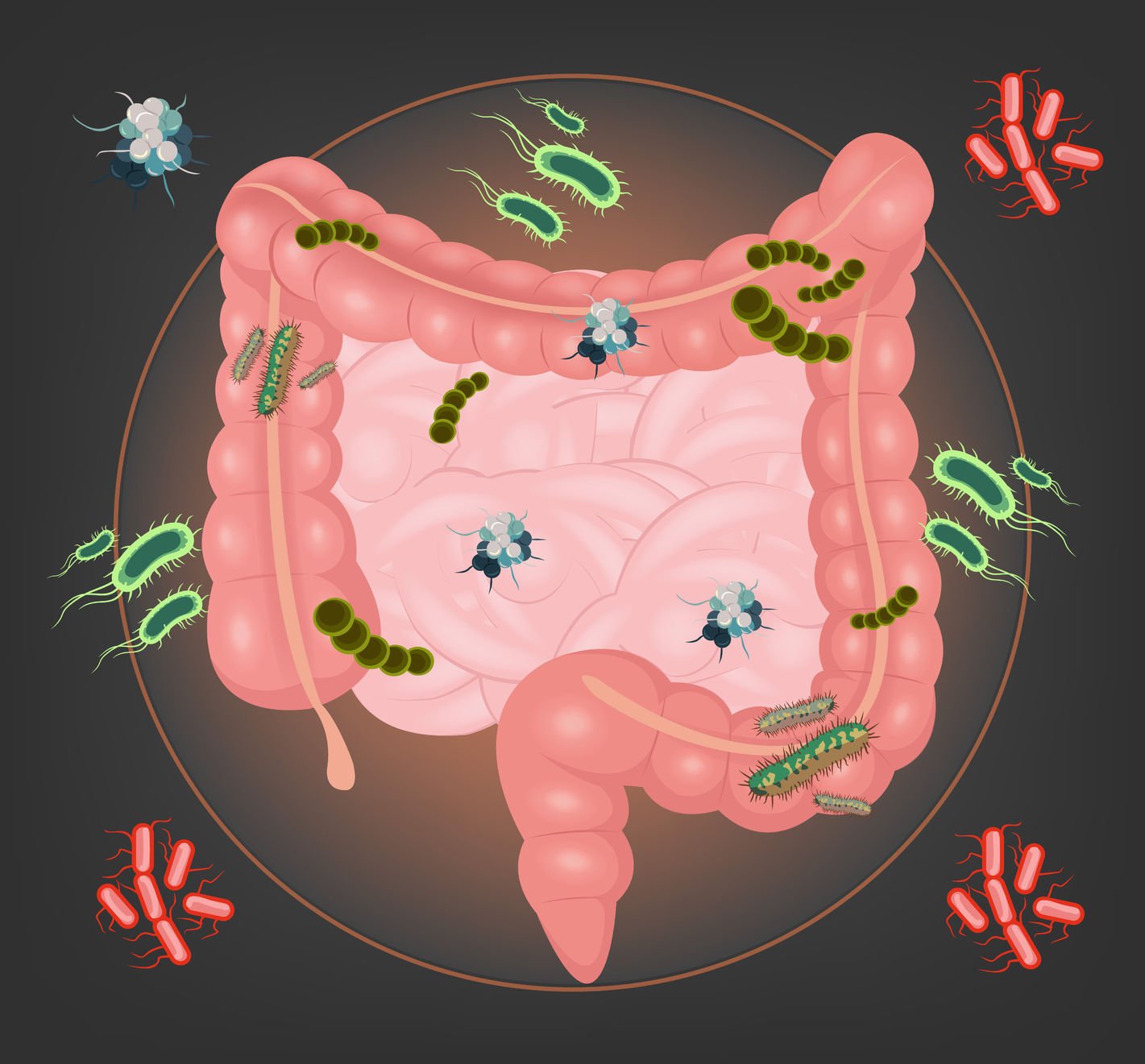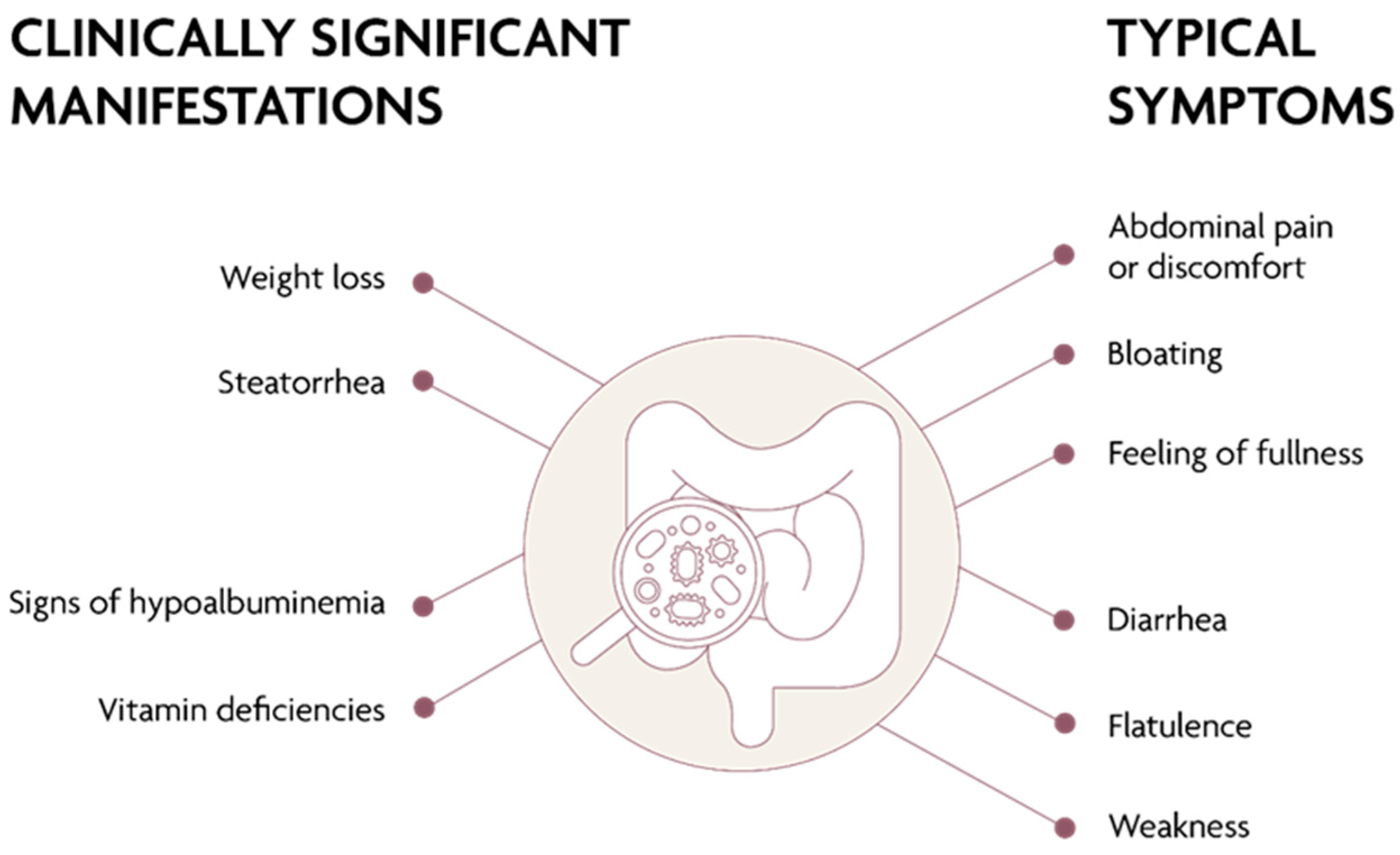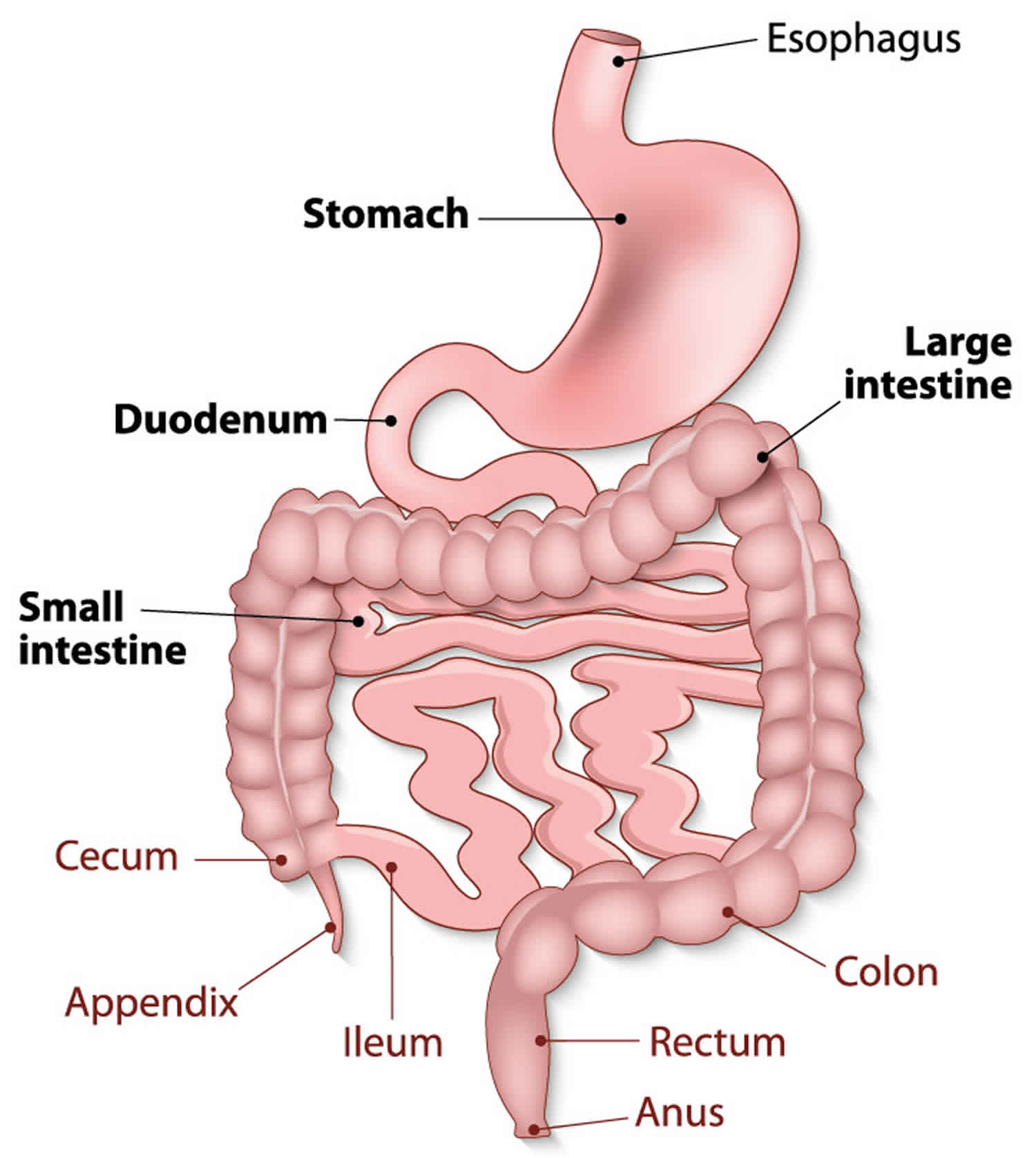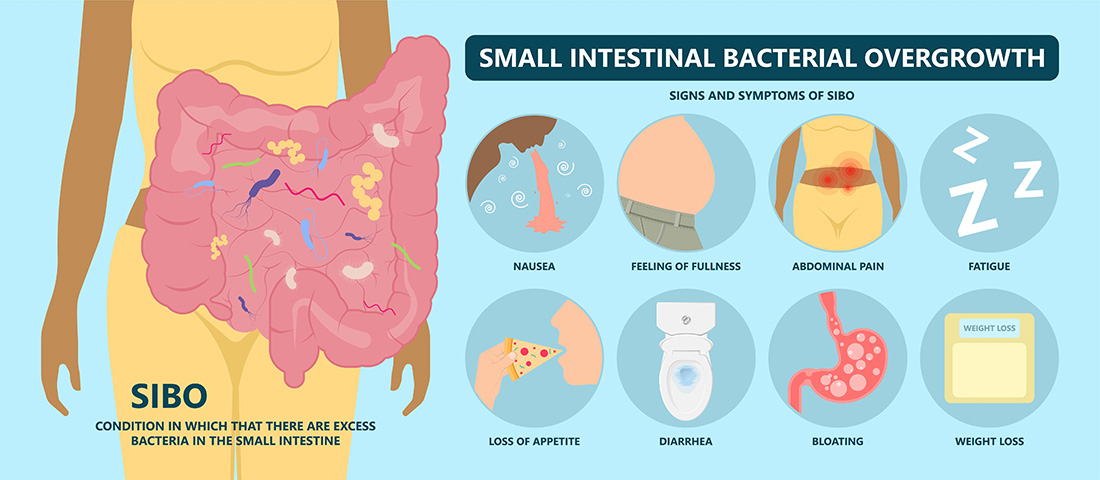How Do You Get Rid Of Small Intestine Bacterial Overgrowth When we make questions in the present simple we use do does for almost every verb Do you like chocolate The main verb is like Does she live in Madrid The main verb is live Do
We use auxiliary do not auxiliary be for questions with main verbs in the present simple Do you live in an apartment Not Are you live in We use does not do for the third person in the When you do something you take some action or perform an activity or task Do is often used instead of a more specific verb to talk about a common action involving a particular thing For
How Do You Get Rid Of Small Intestine Bacterial Overgrowth

How Do You Get Rid Of Small Intestine Bacterial Overgrowth
https://blushedandglowing.com/wp-content/uploads/2022/07/How-Do-You-Permanently-Get-Rid-Of-My-Unibrow.jpg

SMALL INTESTINE BACTERIAL OVERGROWTH SIBO OFTEN IGNORED CAUSE OF
https://www.healmindbody.com/wp-content/uploads/2022/10/bacterial-overgrowth-scaled.jpg

Small Intestinal Bacterial Overgrowth Symptoms Sheryigo
https://ndnr.com/wp-content/uploads/2013/01/37665497_ml.jpg
The meaning of DO is to bring to pass carry out How to use do in a sentence Feasible and Doable What is the difference between DO DOES DID and DONE in English We explain the difference between these words and include example sentences Free English Courses
In conversation the verb do is often used instead Let me do the dishes Michael said he would do the kitchen floor It s your turn to do the table Do is often used with nouns ending in ing to do To do is to act perform or undertake When you do chores you engage in the activity of cleaning the kitchen or taking out the trash Do is one of the most frequently used verbs in English
More picture related to How Do You Get Rid Of Small Intestine Bacterial Overgrowth

How To Get Rid Of Starlings 15 Easy And Harmless Ways
https://birdadviser.com/wp-content/uploads/2022/10/How-to-Get-Rid-of-Starlings.jpg

Small Intestinal Bacterial Overgrowth SIBO Why Many 52 OFF
https://www.mdpi.com/jcm/jcm-11-06017/article_deploy/html/images/jcm-11-06017-g001.png

Bacterial Overgrowth Syndrome Causes Symptoms Diagnosis Treatment
https://healthjade.net/wp-content/uploads/2019/10/Bacterial-overgrowth-syndrome.jpg
used in negative sentences before the word not unless the main verb is be I do not like you I don t care I didn t see you last night used in certain inverted constructions before the It has five different forms do does doing did done The base form of the verb is do The past simple form did is the same throughout The present participle is doing The
[desc-10] [desc-11]

How Do I Get Rid Of A Headache Fast GoodRx
https://images.ctfassets.net/4f3rgqwzdznj/2MARazYP35mjFGKqmGguN8/48b654032b0d9c7c568efd54e89b8073/rid_featured_image.png

Small Intestinal Bacterial Overgrowth SIBO
https://jaffreykazimd.com/wp-content/uploads/2022/10/SIBO-Small-Intestinal-Bacterial-Overgrowth.jpg

https://www.perfect-english-grammar.com › do-does-am-is-are.html
When we make questions in the present simple we use do does for almost every verb Do you like chocolate The main verb is like Does she live in Madrid The main verb is live Do

https://dictionary.cambridge.org › grammar › british-grammar › do
We use auxiliary do not auxiliary be for questions with main verbs in the present simple Do you live in an apartment Not Are you live in We use does not do for the third person in the

How To Get Rid Of Ln In An Equation Steps Examples

How Do I Get Rid Of A Headache Fast GoodRx

How Do I Get Rid Of Blackheads Should I Squeeze Them The Washington

Small Intestinal Bacterial Overgrowth SIBO In Singapore GUTCARE

What Is Heat Rash And How To Get Rid Of It

Small Intestinal Bacterial Overgrowth Pathophysiology And Its

Small Intestinal Bacterial Overgrowth Pathophysiology And Its

Pin On Healthy Diets

How To Get Rid Of Drain Flies

Small Bowel Overgrowth Test
How Do You Get Rid Of Small Intestine Bacterial Overgrowth - [desc-12]